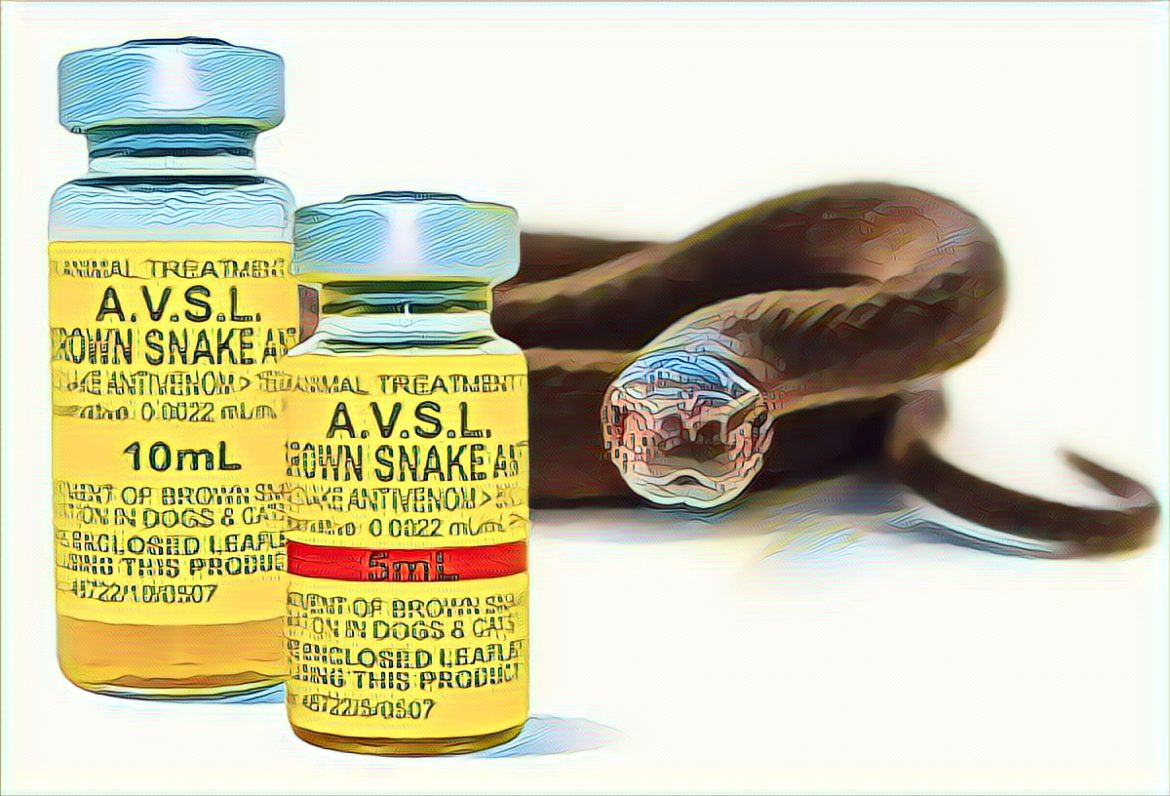Ghana is on the verge of making history as the first country in West Africa to produce anti-snake venom locally. This is a major breakthrough in the fight against snakebite envenoming, a neglected tropical disease affecting millions of people, especially in rural areas.
According to the World Health Organisation (WHO), snakebite envenoming causes an estimated 81,000 to 138,000 deaths and around three times as many amputations and other permanent disabilities every year. Sub-Saharan Africa has the highest snakebite morbidity and mortality burden, with an estimated 435,000 to 580,000 snakebites annually.
In Ghana, researchers estimated a 6% community prevalence of snakebites with a 3% case fatality rate. The highest snakebite prevalence was recorded for males aged 15–44 during farming activities, with most bites occurring in the leg/foot region. The most common and deadly snake species responsible for most bites is the carpet viper (Echis ocellatus).
To address this public health challenge, Ghana has signed a memorandum of understanding (MoU) with Atlantic Lifesciences, a Ghanaian company, and Vins Bioproducts, an Indian company, to produce anti-snake venom domestically. The bulk Snake Vernom Antiserum arrived in Ghana last Friday. This would make Ghana the first country in West Africa to produce and package anti-snake venom for local use and export.
The MoU is part of the government’s objective to make Ghana the hub of vaccine manufacturing on the continent. The Chief Executive Officer of Atlantic Lifesciences, Dhananjay Tripathi, said the WHO considered snakebite a neglected tropical disease that plagued rural communities.
He said Pharmanova and Atlantic Lifesciences had played critical roles in importing antisnake venom on behalf of the government and that in 2017, his outfit considered the move to start local production of vaccines, especially anti-snake serum.
The Executive Director of Vins Bioproducts Limited, Siddarth Daga, said his outfit was a leading producer of Sera. He said he was excited his outfit was collaborating with Atlantic Lifesciences to produce anti-snake venom in Ghana. He said the partnership would help position Ghana as the leader of African Serum producers.
In a speech on his behalf, the Minister of Health, Mr Kwaku Agyeman Manu, said Ghana could not rely on imported vaccines and serums to meet her health needs. He said that as the country weaned itself off the Global Alliance for Vaccines Initiative, it was important to produce its vaccine needs locally.
He said it was in that direction the government was supporting the private sector to produce vaccines locally to help promote healthcare delivery. The Head of the National Vaccine Institute, Prof. William Ampofo, said the Institute will continue to facilitate the private sector’s work establishing vaccine manufacturing plants in the country.
The WHO Country Representative for Ghana, Professor Francis Kasolo, said in a speech read on his behalf that, on average, 9,600 snake bites were recorded each year from 2015 to 2019. He commended the signing of the MoU as a joint effort to improve the availability and accessibility of safe, effective, and affordable anti-snake venom, crucial in saving lives and reducing the mortality rate associated with snakebites.
The Presidential Advisor on Health, Dr Nsiah Asare, said the production of the anti-snake venom would promote public health in the country. He said Ghana also made strides in producing other vaccines, such as cholera and COVID-19. He expressed optimism that Ghana would soon become a vaccine manufacturing hub for Africa.
The Food and Drugs Authority (FDA) has approved the production of the anti-snake venom. The FDA’s CEO, Delese Mimi Darko, said her outfit would ensure that the quality and safety standards of the product are met.
The local production of anti-snake venom is expected to reduce costs and increase access to this life-saving treatment for many snakebite victims in Ghana and beyond. It is also a testament to Ghana’s commitment and capacity to address its health challenges through innovation and collaboration.
Source: Graphic Online





4 comments
Pada beberapa tahun terakhir, produk slot online telah tumbuh menjadi salah satu rekreasi digital
paling diminati pada Indonesia.
https://8s.rent/
Having read this I believed it was rather enlightening.
I appreciate you taking the time and effort to put this article together.
I once again find myself personally spending a significant amount
of time both reading and commenting. But so what, it was still worthwhile!
The other day, while I was at work, my sister stole
my iPad and tested to see if it can survive a thirty foot drop, just
so she can be a youtube sensation. My apple ipad is now destroyed and she has 83 views.
I know this is totally off topic but I had to share it with someone!
First of all I would like to say superb blog! I had a quick question that I’d like to ask if you do not mind.
I was curious to find out how you center yourself and clear
your head prior to writing. I’ve had a difficult time clearing my mind in getting my ideas out.
I truly do take pleasure in writing but it just seems like the first 10
to 15 minutes are generally wasted simply just trying to figure out how to begin. Any suggestions or
hints? Many thanks!